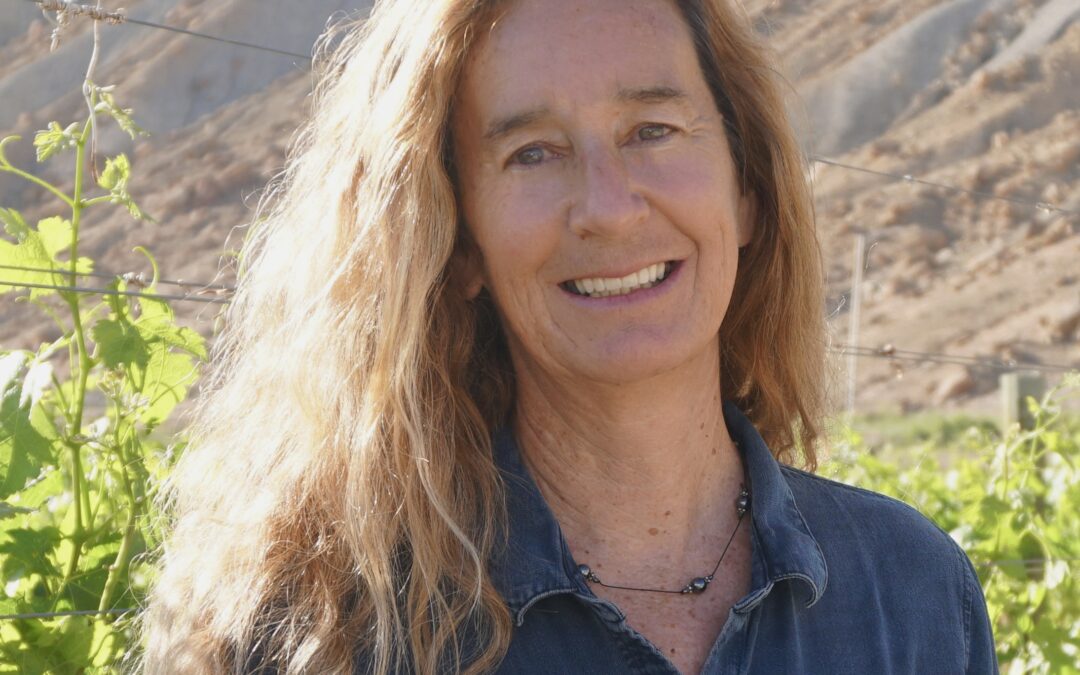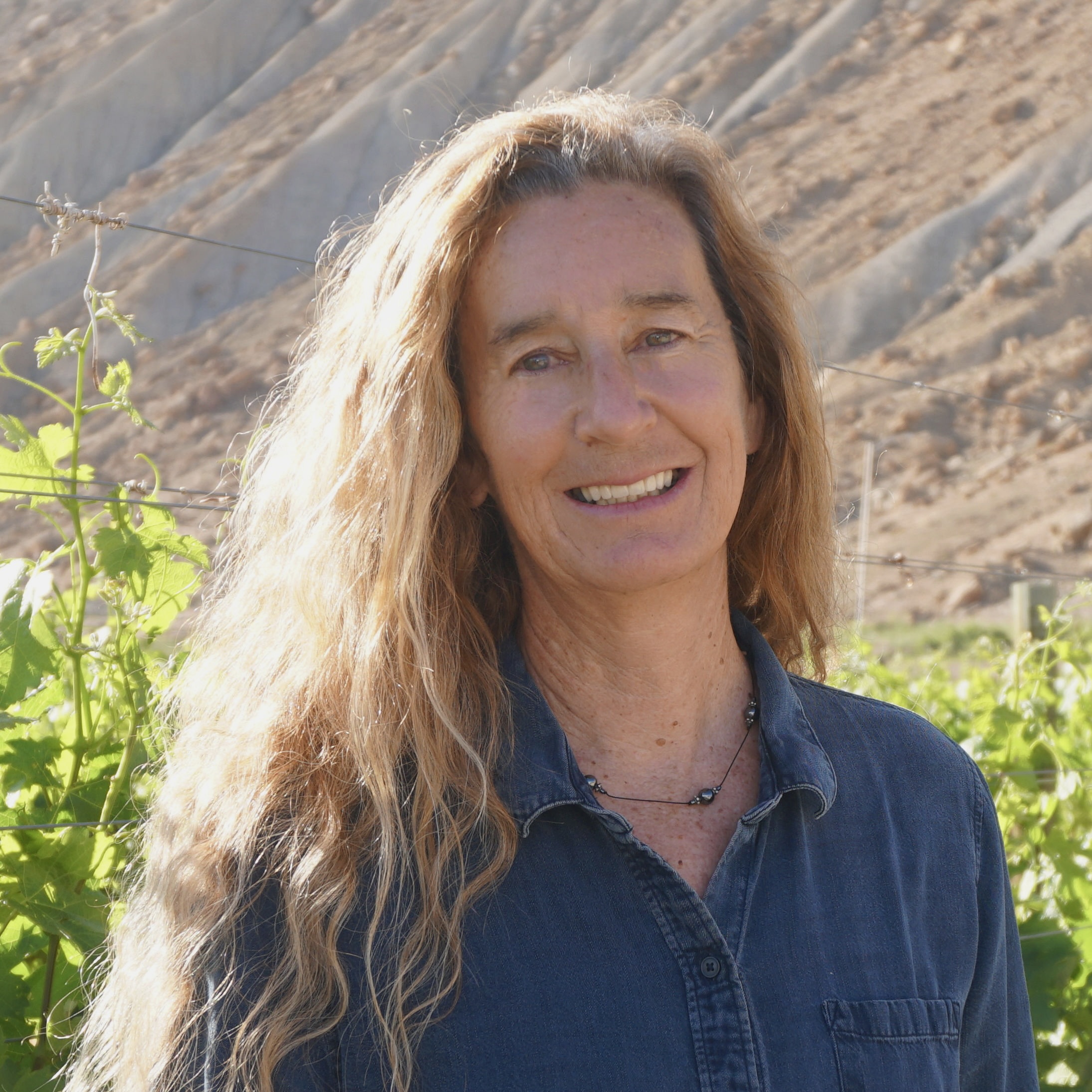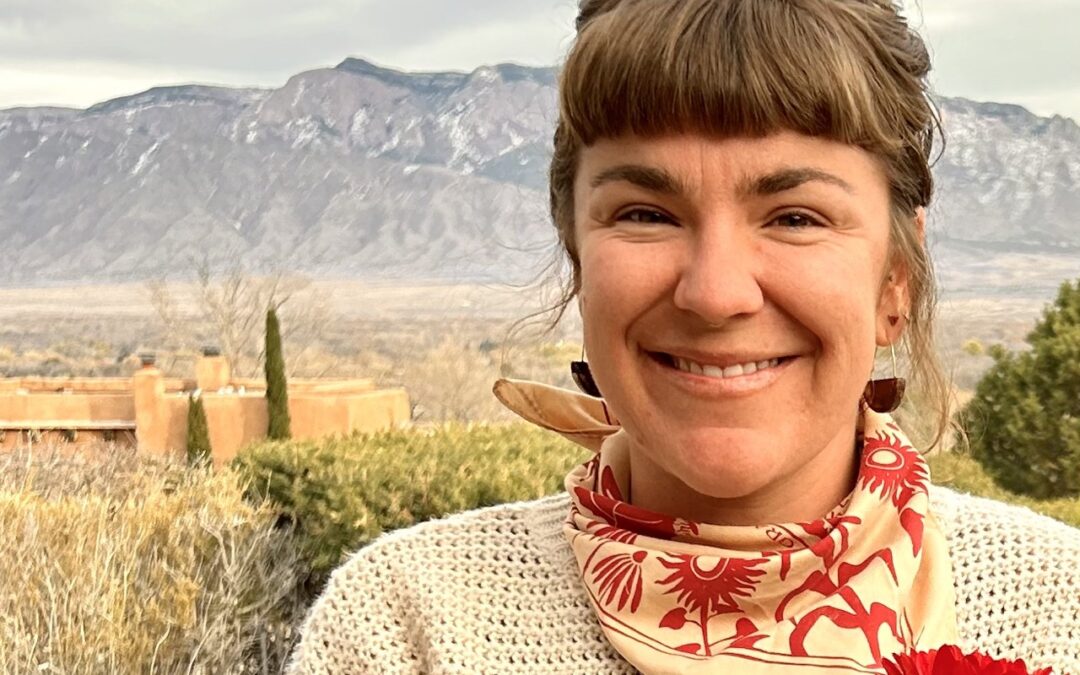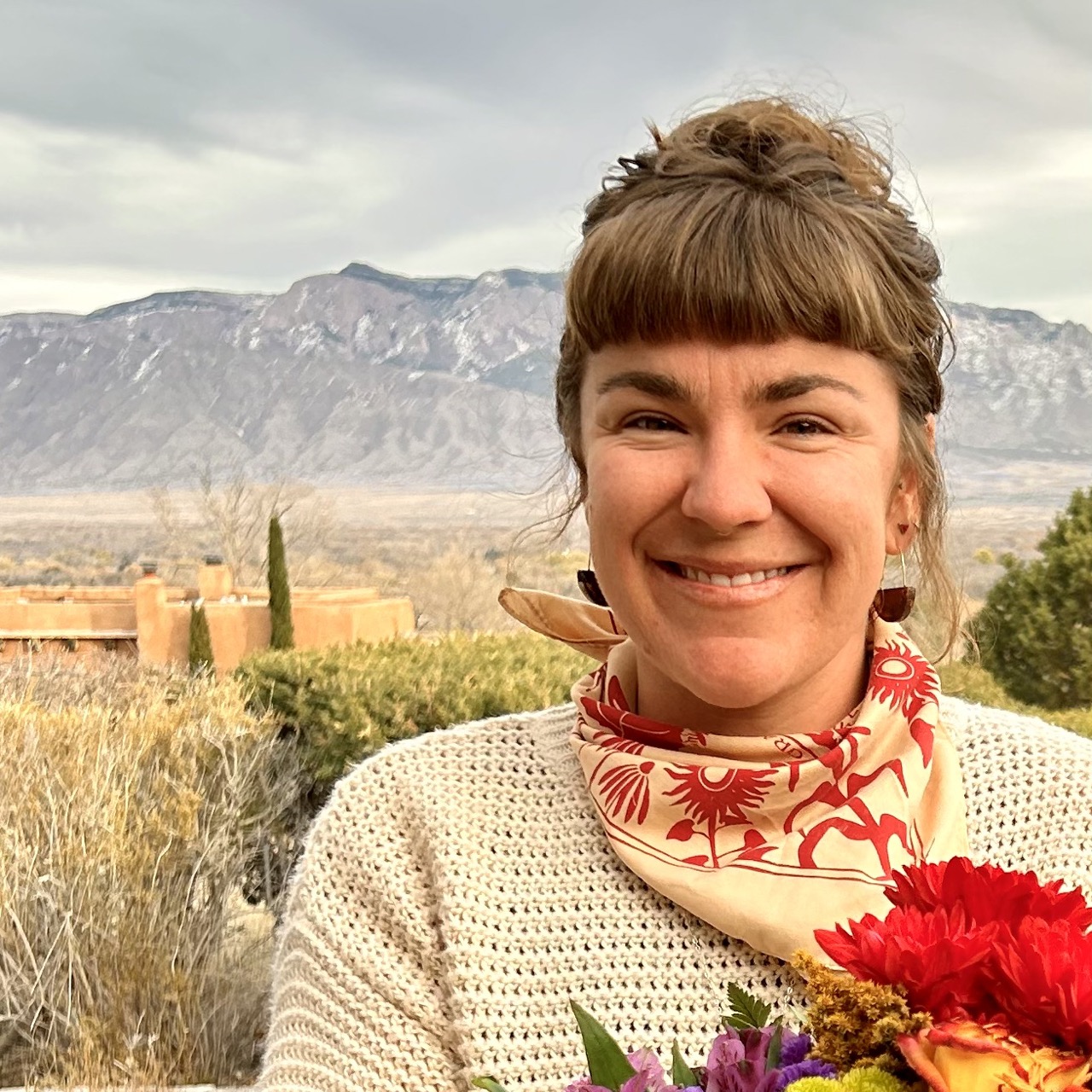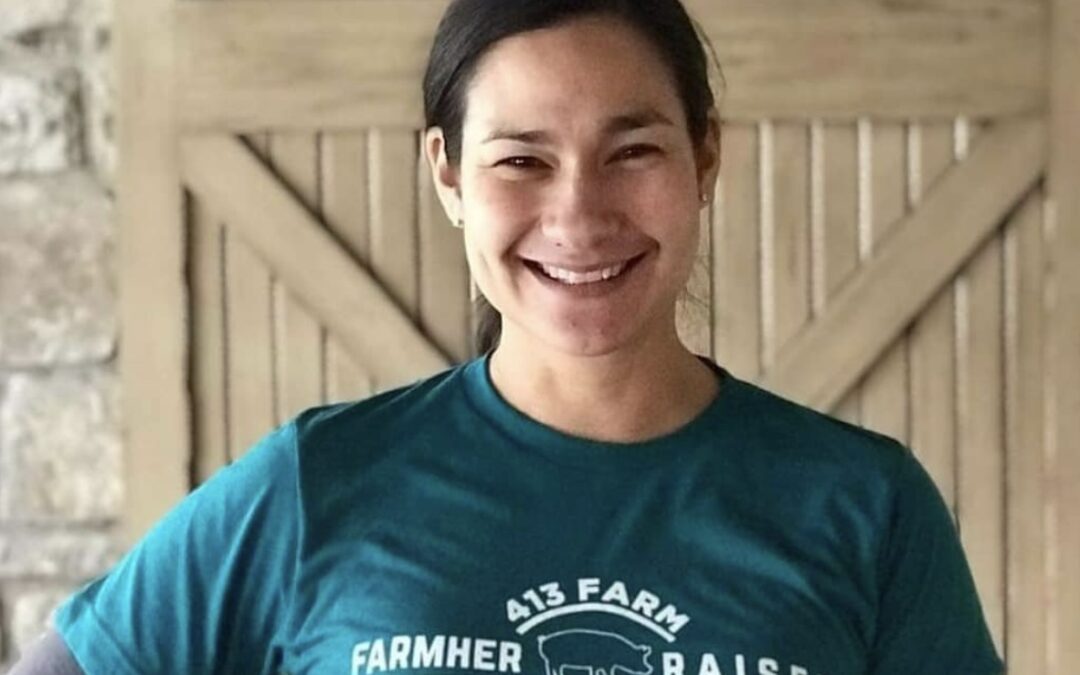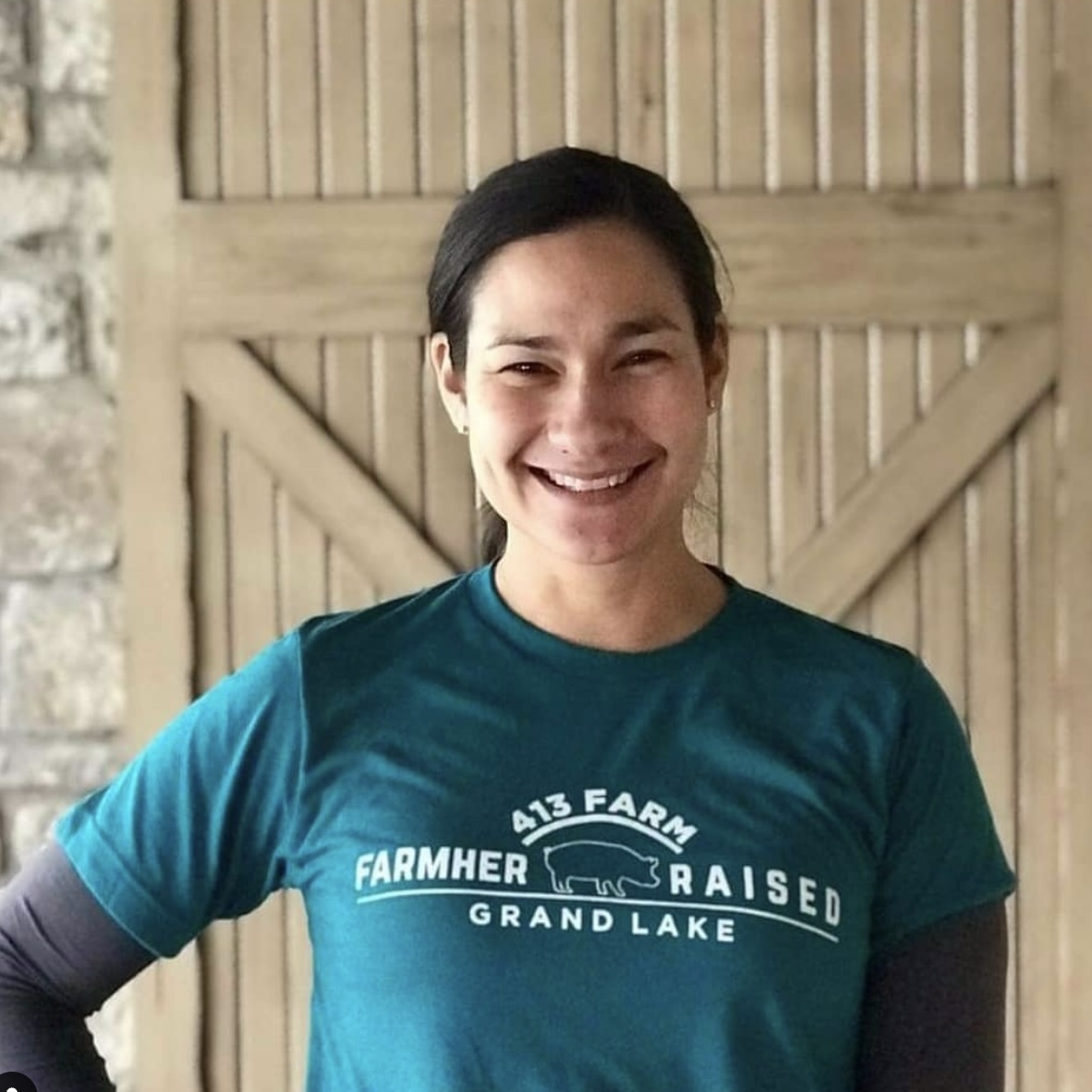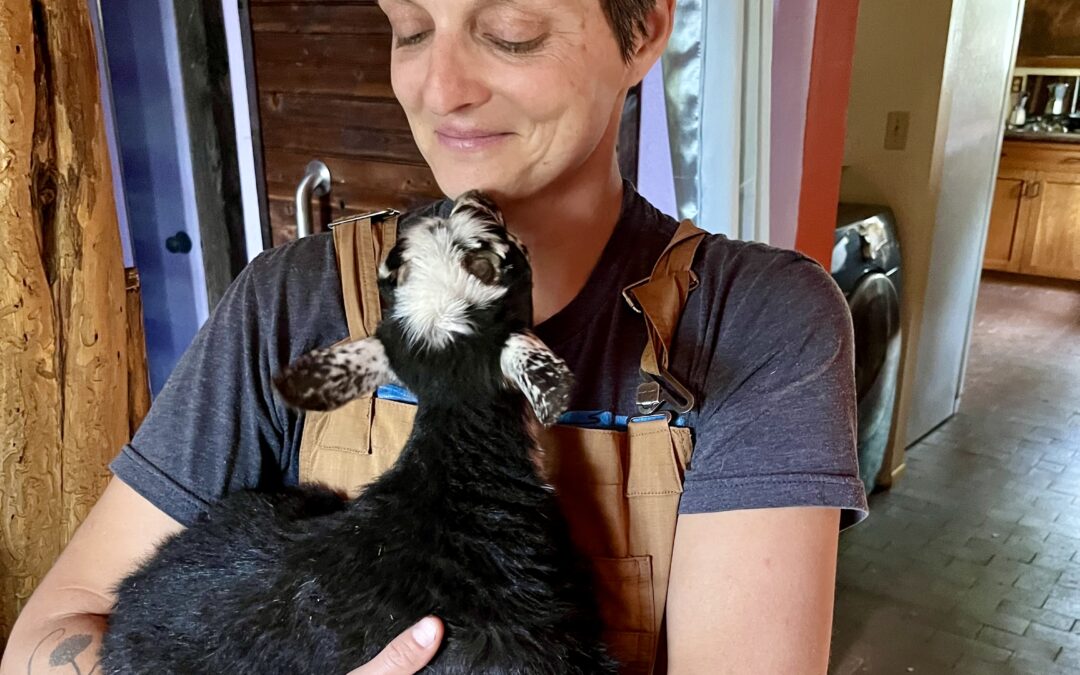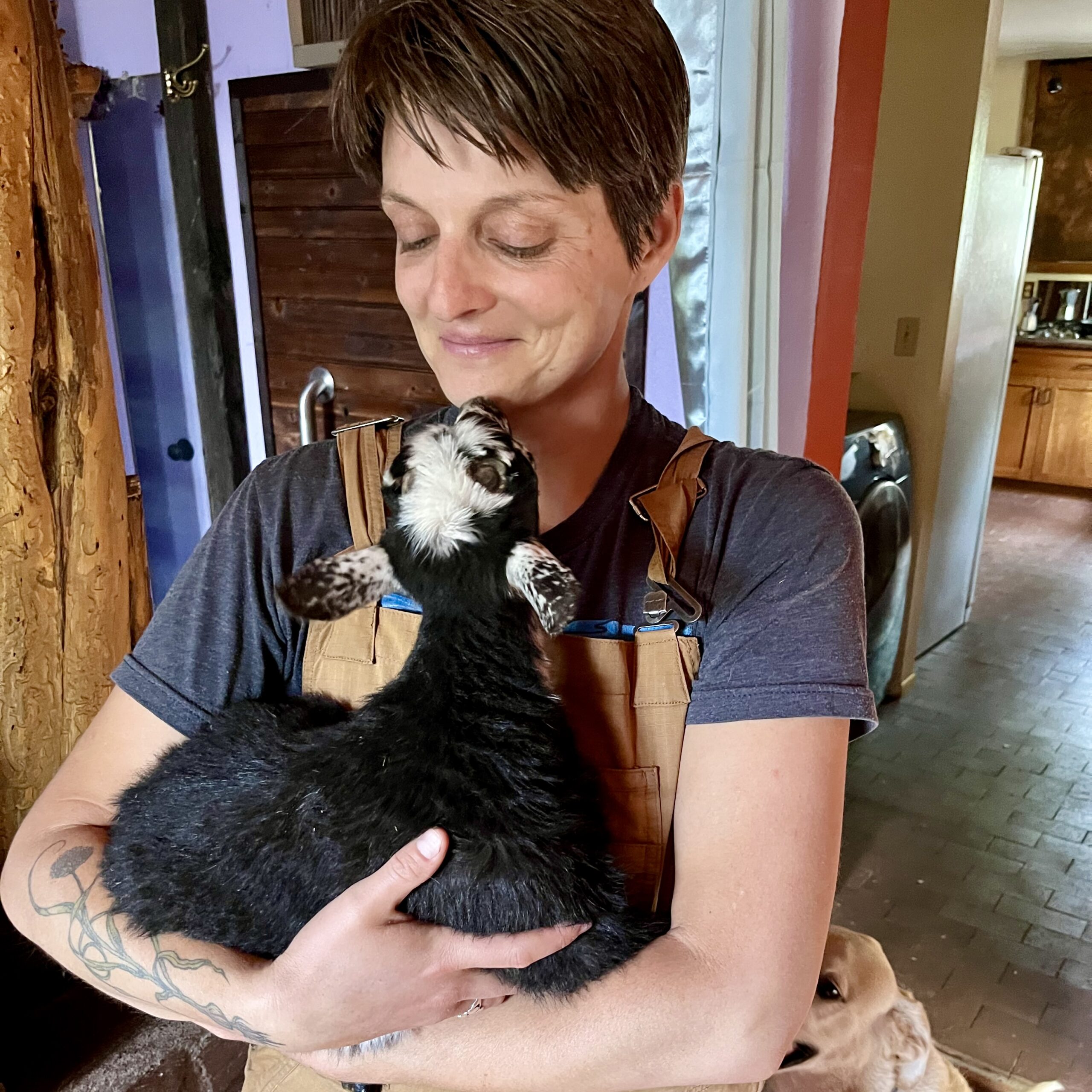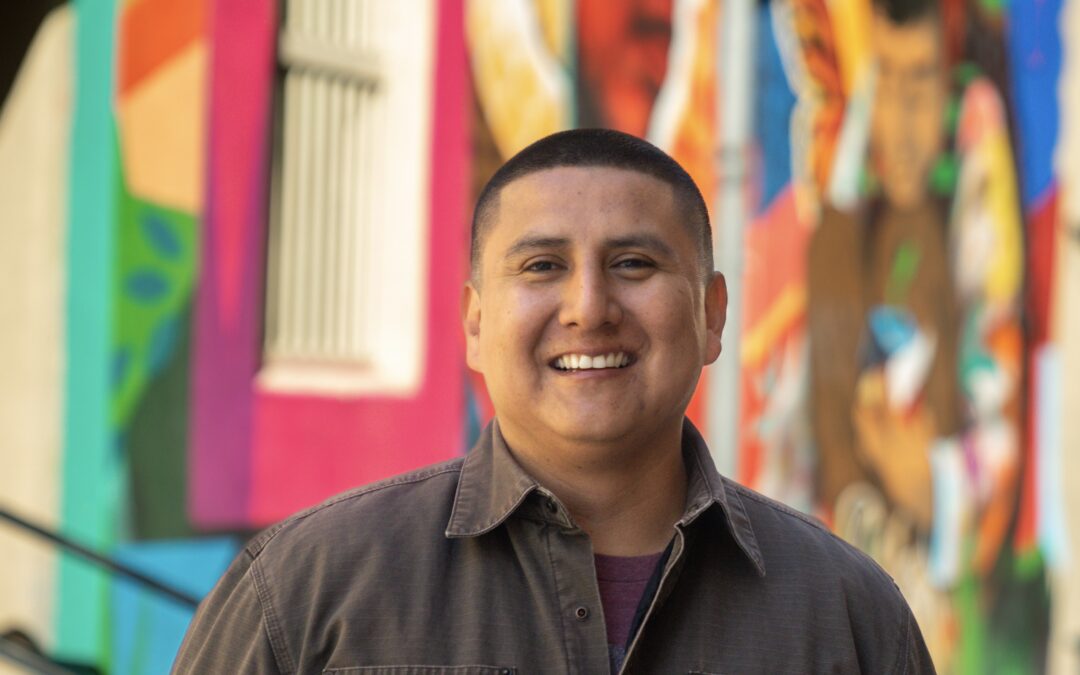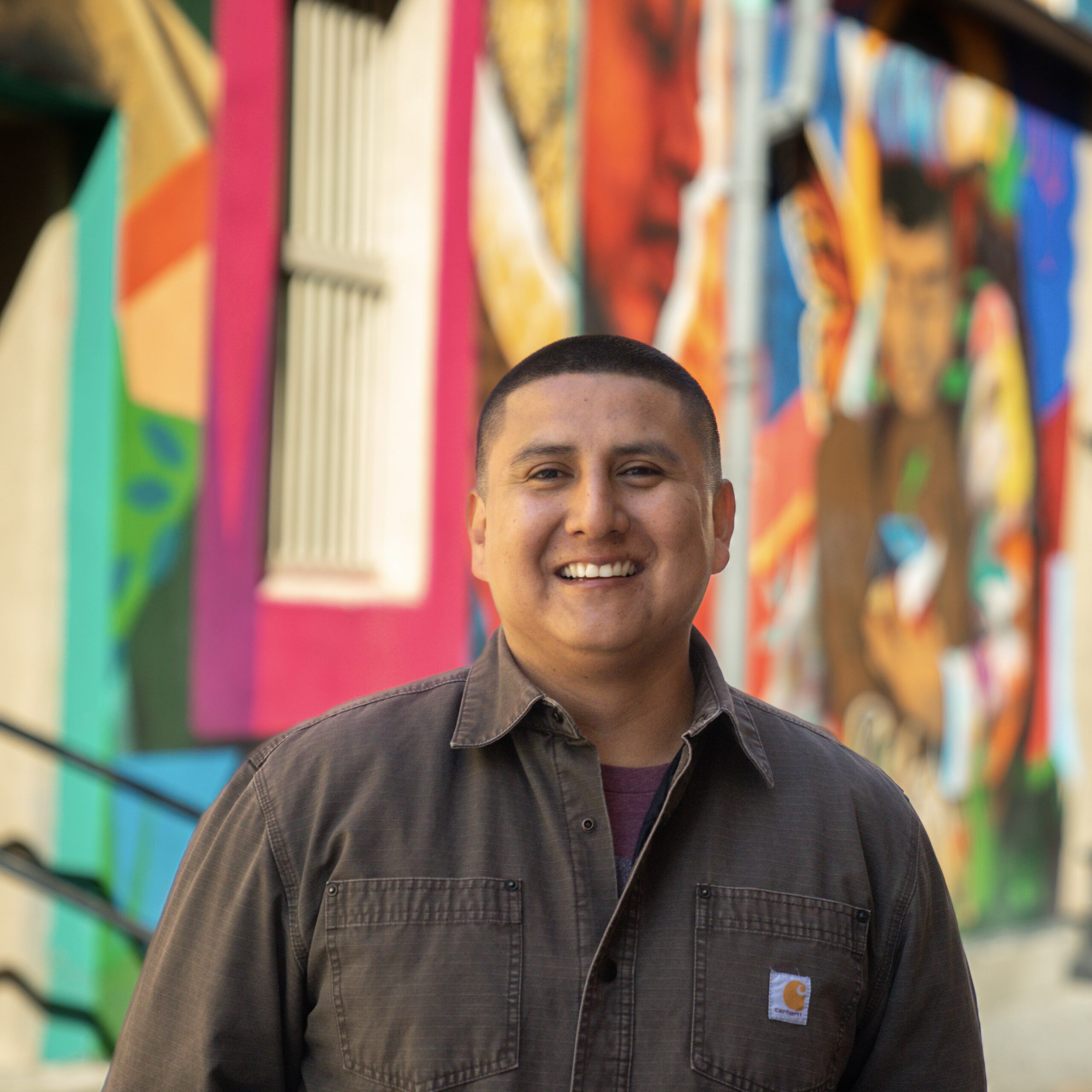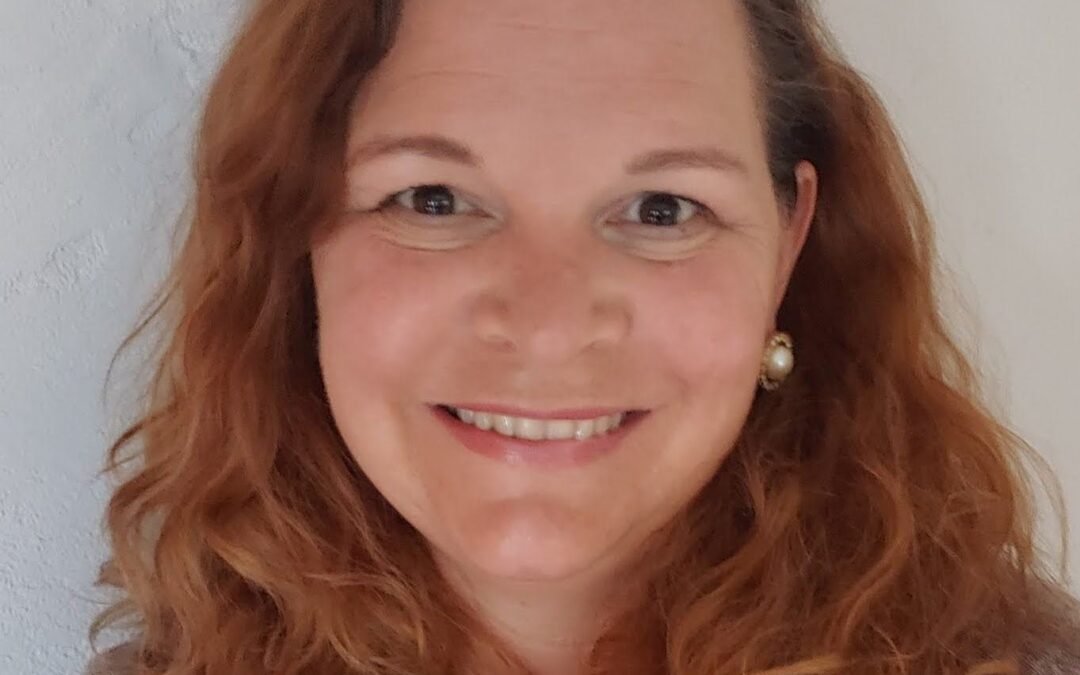
Juliann Salinas
Juliann Salinas
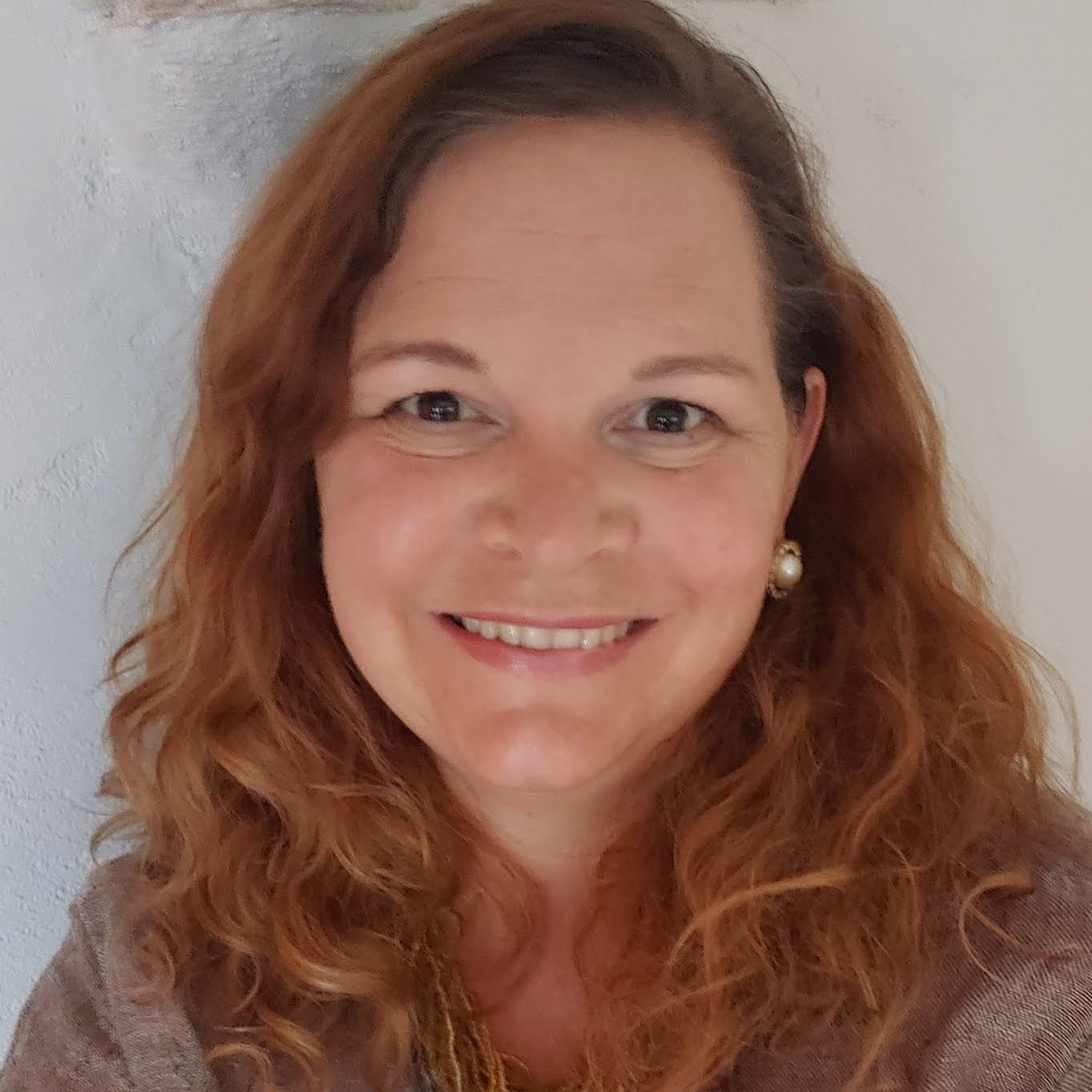
For over 20 years, Jules has been committed to social justice and environmental causes, in particular the empowerment and leadership of women. She brings a deep understanding of the connection and intersection of agriculture to climate change, public health and women’s equity. She is excited to apply decades of nonprofit leadership and fund development experience to help advance WFAN’s important work.
Juliann holds a BA in Political Science from the University of Colorado at Boulder, and a MBA with a specialization in Environmental Management from Ashford University in Clinton, IA. Jules is bilingual in English and Spanish. She strongly believes that we are at a critical tipping point globally and locally, and that a collective, inclusive, feminist approach to rebuilding our society post-COVID lockdowns is the only sustainable way forward.
Prior to joining WFAN, Jules served as the Associate Director and Interim Executive Director for Enlace Comunitario, an Albuquerque community-based organization with a mission to reduce domestic violence in the Latinx immigrant community. She also served as the Assistant Director for the Greater West Town Community Development Project (GWTP) in Chicago, IL where she led the successful development of the on-site community garden – which provided service learning opportunities to local high school students – and organized GWTP’s first urban agriculture conference.
Workshop Presenter
Women Ranchers are Reconnecting and Regenerating
